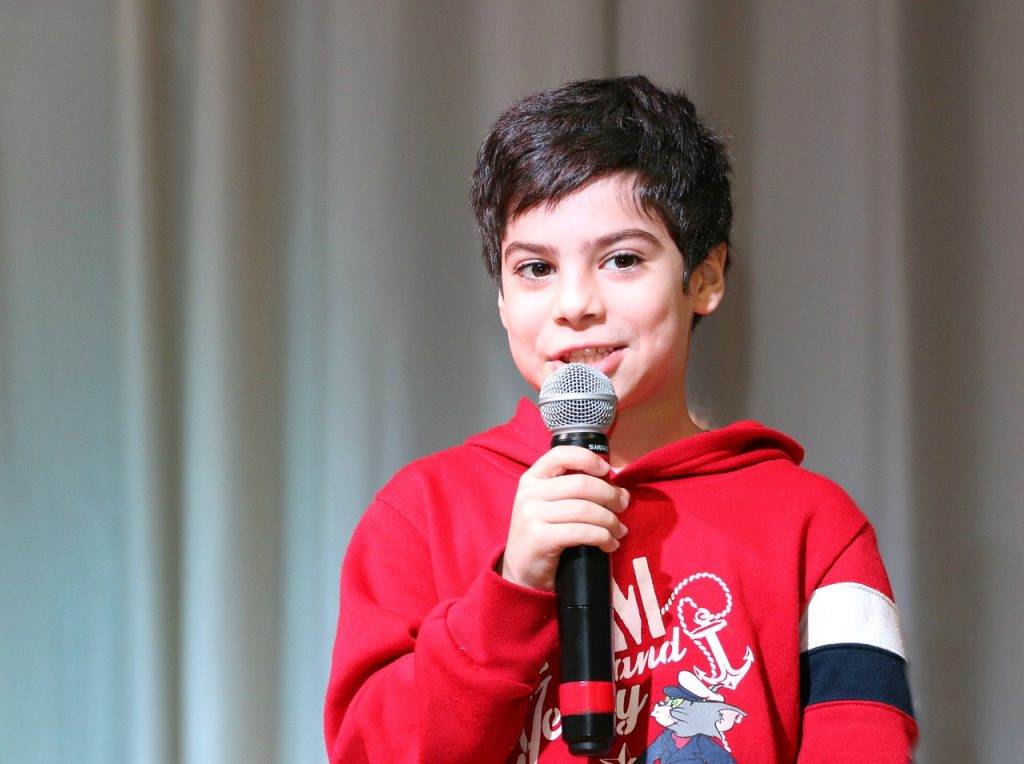Do Native Speakers Ever Struggle To Pronounce Russian Sounds? Posted by Maria on Feb 12, 2018 in Culture
Perhaps you struggle to pronounce certain sounds in Russian. Can’t roll your Rs? Have a hard time making soft consonant sounds? First, be sure to check out our pronunciation tips. Second, you’re not alone! There are native speakers who have articulation challenges and need to see a speech pathologist (логопед). Let us look at some common examples.
Картавость
Картавить (я картавлю) is a verb that refers to substituting the rolled R (“р“) sound with a uvular trill sound (like in some French or German dialects). The related adjective is картавый.
This speech pathology is sometimes called burring in English. Vladimir Lenin (Владимир Ленин) is reported to have had it.
Се́ма переста́л карта́вить, акце́нт исче́з, и он стал выступа́ть публи́чно.
Syoma stopped mispronouncing “r,” his accent disappeared, and he started performing in public.
[Василий Катанян. Лиля Брик. Жизнь (1999)]
Here is a video of the Russian vlogger Alice Wann talking about her challenges as a person who cannot pronounce the Russian “r” sound.
https://www.youtube.com/watch?v=FymfQhVE57E
Шепелявость
The verb шепелявить refers to having a hard time pronouncing certain sibilant sounds (шипящие), such as ш (harsher than the English “sh;” click the link to hear it pronounced) and ж (“zh”). A person who struggles with these sounds will often substitute them for с (“s”) and з (“z”), respectively. Sometimes шепелявить can also mean to have a hard time pronouncing s or z, to lisp. The related adjective is шепелявый.
You can hear an example of someone struggling with the hissing sounds in this video by Masha Maeva (Маша Маева).
Я немно́го шепеля́влю и с де́тства ка́к-то вражде́бно отношу́сь к шипя́щим бу́квам.
I have a slight lisp and have disliked hissing letters a bit since I was a child.
[Анатолий Алексин. Мой брат играет на кларнете (1967)]
Заикание
Finally, some speakers also stutter (infinitive заикаться, noun заикание). A stutterer may be called заика, although no one would like to be called that.
Сы́на я нашёл у чужи́х люде́й, ня́ня увезла́ его́ в дере́вню. Он заика́лся, боя́лся темноты́.
I found my son living with strangers; his nanny had taken him to the country. He stuttered and was afraid of the dark.
[Светлана Алексиевич. Время second-hand // «Дружба народов», 2013]
Заикаться may also be used figuratively, meaning “mention something.”
Об иннова́циях врача́м иногда́ веля́т да́же не заика́ться.
Physicians are sometimes told not to even mention innovations.
[Галина Костина. Государство против рака // «Эксперт», 2015]
Do you have a hard time pronouncing any sounds in Russian as a learner or a fluent speaker? Have you overcome any pronunciation challenges?

Build vocabulary, practice pronunciation, and more with Transparent Language Online. Available anytime, anywhere, on any device.





